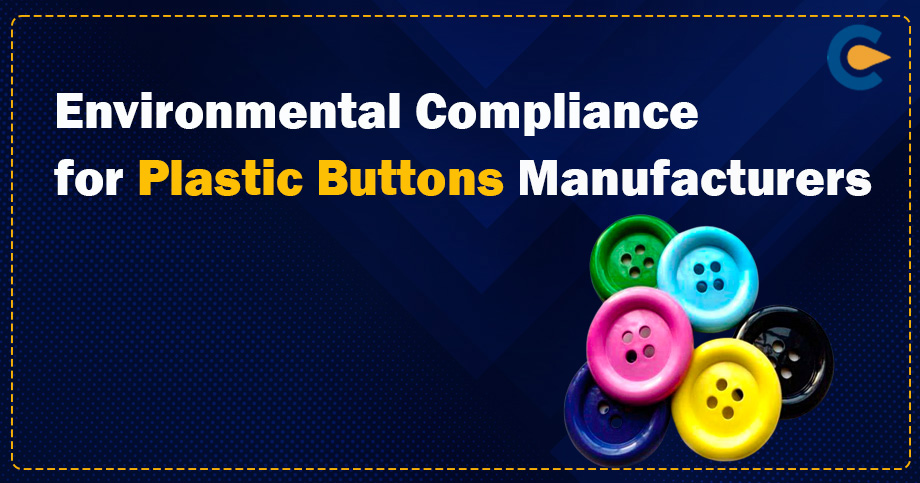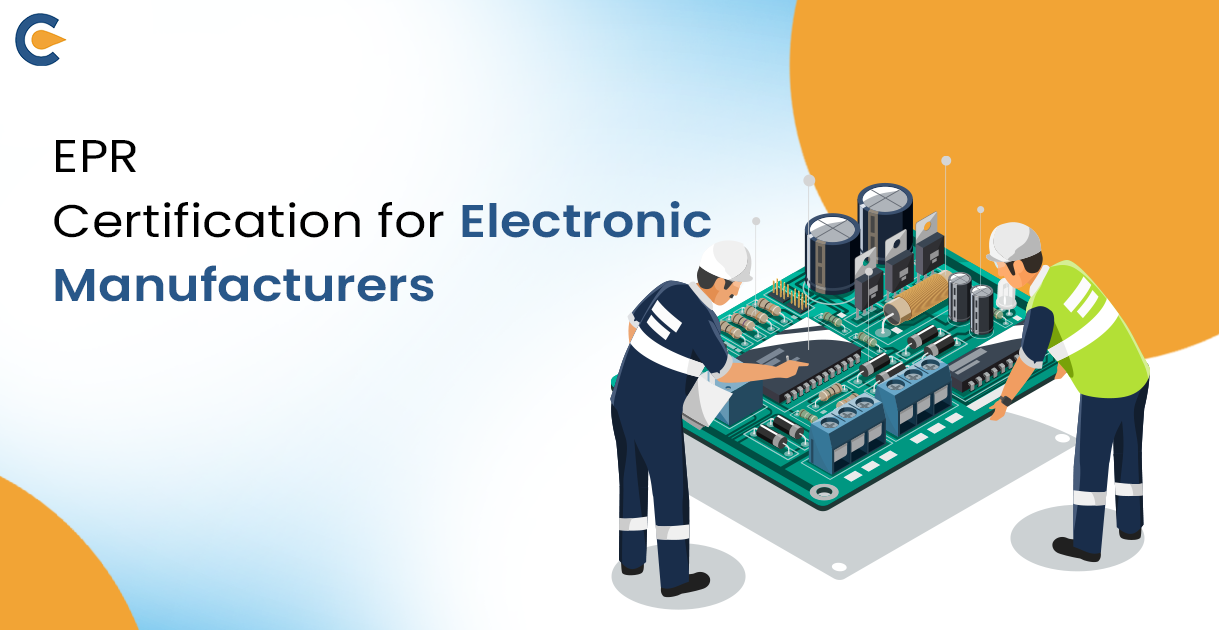Buttons, although small, are necessities in any clothing item. Regardless of their shape, size or colour, they serve a very important purpose in the fashion industry. Plastic Buttons dominate the button market because of their cheap cost and versatility, but because plastic buttons are made , if not managed properly, they cause harm to the environment. This block will explain the environmental compliances for Plastic Buttons Manufacturers to protect the environment.
Various Raw Materials for Buttons
| Material | Button Type |
| Metal Material | Copper Buttons, Aluminum Buttons, Zinc Alloy Buttons, Iron Buttons, Stainless Steel Buttons |
| Plastic Material (Thermosetting) | Urea Buttons, Polyester Resin Buttons, Epoxy Buttons |
| Plastic Material (Thermoplastic) | Nylon Buttons, ABS Buttons, Acrylic Buttons |
| Natural Materials | Shell Buttons, Leather Buttons, Nut Buttons, Coconut Buttons, Wooden Buttons, Bamboo Buttons |
| Others | Glass Buttons, Ceramic Buttons |
Market Overview of Plastic Buttons
According to the global market analysis report, the injection moulded plastics market size was estimated at 343.23 billion US Dollars in 2020. After this, the market is expected to increase from $357.34 billion in 2021 to $476.46 billion in 2028 at a Compound Annual Growth Rate of 4.2% during 2021-2028. The increase in the Compound Annual Growth Rate is credited to the sudden growth of the market and demand after the pandemic was over. In 2020, Buttons of plastics had a business of $340 Million US Dollars. The exports of Plastic Buttons Between 2019 and 2020 decreased by -22.8%, from $440M to $340M. Plastic Button Trading Business that is, export and import of Plastic Buttons represent 0.002% of total world trade. India exported 6, 19,758 quantities of Plastics Buttons in 2018, worth 14.36 USD Million.
Environmental Compliance fulfilled by Plastic Buttons Manufacturers
Along with acquiring the general licenses and authorisation, Plastic Buttons Manufacturers also have to file for Environmental compliances that are governed by the Ministry of Environment, Forest and Climate Change[1].
EPR Authorisation needed for Plastic Buttons Manufacturers
EPR Authorisation for Plastic Buttons Manufacturers is governed under Plastic Waste Management Rules, 2016. Manufacturers have to file an authorisation application under Form I through the official website of the concerned Pollution Control Committee/The State Pollution Control Board, which is again submitted with the mandated documents. Once the application is submitted, the concerned PCC or SPCB go through the application to verify and scrutinise the documents, following which the Manufacturer is provided with the authorisation.
Documents required for acquiring EPR Authorisation
- EPR plan;
- Financial breakup for EPR;
- Self-declaration under RoHS;
- Copy of authorisation issued by Pollution Control Committee/State Pollution Control Board earlier in case of those manufacturers who are working in the country prior to 01-10-2016;
- Details of future awareness programmes and associated initiatives;
- Copy of the approval from the applicable state
authority for marketing various products or for doing the business as given
below:
- TIN
details;
- PAN details;
- Incorporation certificate;
- Copy IEC;
- TIN
details;
- Copies of agreement document with other Stakeholders like dealers, collection centres, dismantlers, Manufacturers, treatment, storage and disposal facilities (TSDFs) etc.
Consent Certificates
- CTE (Consent to Establish) acquired by Plastic Buttons Manufacturers before the industry is established under the Air and Water (Prevention and Control of Pollution) Act
- CTO (Consent to Operate) acquired by Plastic Buttons Manufacturers after the industry is established and is ready to start the manufacturing process under the Air and Water (Prevention and Control of Pollution) Act
The process of both CTE and CTO is mandated under the Air and Water (Prevention and Control of Pollution) Act, which has the identical steps of the authorisation process where the form is submitted through the online portal of the concerned Pollution Control committee/The State Pollution Control Board with the approved documents which are followed by a review of an application. After that, an authorised government official conducts a site inspection and makes the report according to the inspection, and at last, the certificate is granted.
Documents required for consent certificate
- SSI Certificate;
- Industry Department Certificate;
- The layout plan/Site plan;
- Details on channelisation;
- Total open land
- Total constructed area
- The project report
- Water usage breakdown
- DG Specifications
- Raw material list with daily MTD/monthly quantity
- Effluent / Sewage Treatment Plant Flow Diagram
- Boiler type, fuel used, and quantity
- Specifics on air pollution controls
- Product/by-product list with daily MTD/monthly quantity
- Permission from the state’s groundwater authority.
- Factory/Trade License
- Authorisation Letter
- Pan Card
- The Aadhar Card
- Municipality or Industry license
- Registration Proof of unit
- Site Plan
- Water Bill
General Business Setup Licenses
For getting an authorisation related to an environmental certificate, the business has to acquire general business licenses and authorisation from the concerned governmental authorities. Few of these licenses are: –
Company license
Documents required for establishing the company
- PAN Card;
- Address Proof such as
- Passport;
- Election Card or Voter Identity Card;
- Ration Card;
- Driving License;
- Electricity Bill;
- Telephone Bill;
- Aadhaar Card;
- Residential, Proof such as
- Bank Statement
- Electricity Bill
- Telephone Bill
- Mobile Bill
- GST Registration Certificate;
- MOA (Memorandum of Association);
- AOA (Article of Association);
Factory license acquired by Plastic Buttons Manufacturers
For establishing their manufacturing units, Plastic Buttons Manufacturers have to list their business under Factories Act. As per the Act, they are directed to get a Factory license, which is approved by the Chief Inspector of the Labour Commissioner Organisation after inspecting the manufacturing site as mandated under the Factories Act, 1948.
Documents needed by Plastic Buttons Manufacturers
For the Factory license, the documents that are required are: –
- Form 1;
- Layout plan/site plan;
- Aadhar Card;
- List of directors;
- MOA;
- AOA;
- Partnership deed;
- Account Details;
- Commencement date;
- Payment receipt;
- Land deeds;
- Consent form from SPCB/PCC
- Details of Hazardous and Non-Hazardous waste
- Tax receipt
Udyog Aadhaar MSME Registration
For obtaining Micro, Small and Medium Enterprise (MSME) registration, one has to get authorisation through the online portal of the Ministry of Micro, Small and Medium Enterprises with the authorised documents.
Documents needed for MSME registration
- ApplicantOfficial Name
- Name and type of enterprise
- Aadhar Card
- PAN Number
- The NIC Code
- Account Details
- The social category of the applicant
- The business operations of the enterprise
- Date of Incorporation of a business
- Details related to employment
BIS Certificate
BIS Certificate is required to ensure that the products do not adversely affect public health. As per the Bureau of Indian Standards, the manufacturer has to fill out the application form along with the mandated documents and send the test reports of the samples that are tested at the BIS recognised lab, the report of which will be analysed and scrutinised by the authorised personnel. Once the report is reviewed, the BIS certificate is granted.
Documents required for BIS Certificate needed by Plastic Buttons Manufacturers
- The list of raw materials that are being used during production
- A detailed layout/site plan
- Description of the industrial procedure
- Information on the types of machinery being operated
- layout of the Plant
- The Test Reports of the toy sample sent by the Plastic Button Manufacturer that is to be issued strictly by a BIS Recognised Laboratory
- Photographs of the plastic toy
- A duly signed Undertaking
- Identification Proof like PAN Card or Aadhar Card
- Factory Registration Documents
- The authorisation form which is correctly filled and signed by the official personnel
GST Certificate
Document required for GST Certificate
- PAN Card
- the Ministry of Corporate Affairs authorised Incorporation Certificate
- MOA
- AOA
- Aadhar Card of the applicant
- Address proof
- Bank Details
Trade license by Plastic Buttons Manufacturers
A trade license is granted by Municipal Corporation, which depends on the rules and regulations set by the state. The documents required for Trade licenses are submitted along with the application.
Documents required for trade license
- Address proof (Electricity bill or water bill)
- Aadhaar card
- PAN
- Memorandum of Association (MOA)
- Certification of incorporating (CIN) in case of Companies
- A latest municipal property tax receipt in case the premises are owned, else lease document or consent letter of the owner of the property where the business is registered.
- NOC of the neighbours (nearby property owners)
- Layout plan/Site plan of the office
Process of Buttons Manufacturing
The Plastic Buttons were not available until the 1930s. But, with the industrialisation and introduction of machines as well as mass production. The production process for manufacturing Buttons starts with selecting the Raw Material for sustainable and resilient plastic buttons. Once the Material is chosen, the design for the buttons is selected. Therefore to ensure uniform, the moulds and cutting machines are used. After the design is selected, the polyester is prepared, after which the final operation relating to production initiates where the Plastic Injection Moulding Machine is used.
Conclusion
The manufacturing process of plastic buttons uses a very simple method of Injection Moulding, which is also used for the production of many other plastic products. The market for both is rapidly increasing, with Plastic buttons turning out to be a very lucrative business. Therefore, it is very important that Plastic Buttons Manufacturers take proper precautions to set up the business and manage the plastic waste properly to avoid any further liabilities.
Read our Article:Legal Aspects of Plastic Raw Material Manufacturing Business











